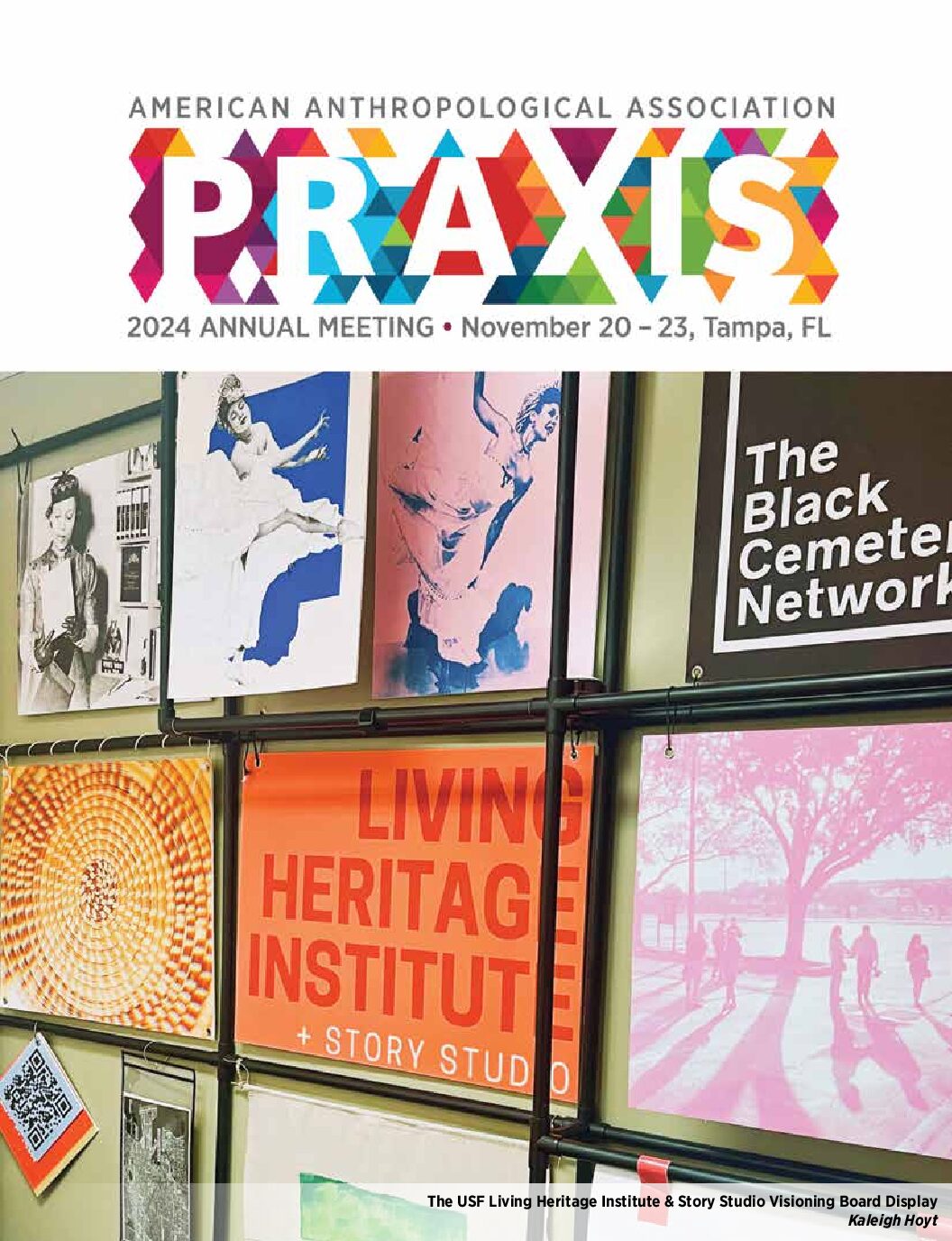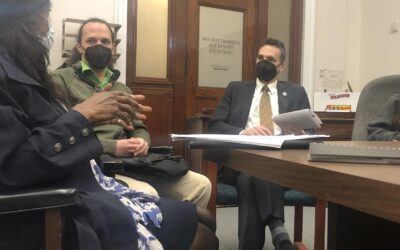Reflections on Minneapolis from the Section Leadership
The Association for the Anthropology of Policy
Cris Shore (University of Auckland)
David Haines (George Mason University)
February 14, 2017
As we noted in an earlier column, ASAP was active at the Minneapolis meeting with fifteen sessions on the regular program and another round of our now traditional mentoring session. The two of us wanted to provide some reflections on those sessions so that the insights do not disappear into the ether as we think ahead to the next meetings in Washington.
Our lead invited sessions represented the range of ASAP interests with one on a particular topical area, education, and the other on one aspect of the overall policy process, implementation. The education session (organized by Bill Beeman) focused on problems of education achievement disparities in the United States and their entanglement with the issues of race, class, ethnicity, and the politics of exclusion. This session was of particular relevance to applied anthropologists and educationalists, and included direct dialogue with policy professionals, in this case from the Minnesota Department of Education.
The second panel, a double-session organized by Jessica Mulligan and Rebecca Peters, explored the worlds of those actors and intermediaries—the administrators, contractors, officials, and ordinary people—who make policies work, despite the oft-noted bureaucratic indifference, structural violence, and entropy that characterize how many public institutions work. The focus on implementation helped illuminate the creative ways in which people manage to transform inchoate general policies into real world effects. As the panelists noted, anthropologists have been somewhat slow to address this zone – often very technical in nature—between policy formulation on the one hand and policy effects on the other.
Other sessions covered a variety of concerns, including theories of meetings as sites of evidence and engagement with diverse policy worlds (Renita Thedvall and Jen Sandler), and the way institutions, governments, and policy makers use anticipatory knowledge to try to manage uncertain futures. Three panels focused on transformations in contemporary capitalism: Kelly McKowen’s“Anthropology and the Worlds of Welfare Capitalism” revisited theories of the welfare state to explore the effects of neoliberal reforms on labor relations, social inclusion, dependency, and citizenship; Steven Sampson’s panel on “Moral Capitalism: the Anthropology of Business Ethics”looked at the rise of new ethical concerns and business ethics from Hells Angels in Scandinavia to fast food restaurants in the United States; and Ted Powers and Theodoros Rakopoulos’s session on“Austerity and ‘Accidental’ Effects” used wide-ranging comparisons from Europe, Latin America, and elsewhere to show the effects of the policy assemblages that have arisen under the aegis of austerity and the disciplinary practices these help to legitimize.
Three other panels dealt more with the intersection of governmental practices and their effects.Maria Viteri and Judith Freidenberg’s panel on “Citizenship Practices and Cultures of Emigration”assessed citizenship issues through a focus on middle-class migrants who tend to remain attached to both sending and receiving countries, Eric Cheng and Connie McGuire used a range of global examples in their session on “Discovery and Evidence in the Policy Landscape,” and an ASAP-organized panel addressed different scales at which policy can operate and how those are affected by institutional constraints and future orientations.
ASAP also had a cluster of panels dealing with refugees, which were organized by Russell Manzano, Adam Kersch, Andrew Nelson, Georgina Kathleen Ramsay, and ASAP’s program committee. The cluster included papers on refugee situations at the origins, the problems of transit, prolonged periods in camps or other uncertain temporary settings, and resettlement both as a social process for the refugees and as an increasingly contested political issue among the native-born. The final element of the cluster was an executive session organized jointly by ASAP and SUNTA (the Society for Urban, National, and Transnational/Global Anthropology). A good turnout for early Sunday morning yielded snapshots from the field overseas and the field in North America, including comparative considerations of the reaction to Syrian refugees in Canada, Germany, and the UnitedStates. That ASAP/SUNTA cooperation on refugees issues will continue over this coming year. We are especially concerned about finding a more effective voice with which anthropologists can reach out beyond the discipline on refugee issues.
During the 2016 AAA meeting, we also held our second annual Emerging Scholars mentoring session. The session, organized by Fayana Richards, brought together ASAP members and graduate students/recent PhDs to discuss ethical, methodological, and practical aspects of conducting anthropological policy research. Serving as mentors, Jennifer Hubbert, Rebecca Peters, and CrisShore met with over 21 participants. Moving forward, ASAP is working towards expanding the program and exploring additional mentoring opportunities for the 2017 AAA program inWashington.
For this next year, a number of session ideas were floated at our board and business meetings. With thanks to Jennifer Hubbert, we provide a quick list of them, as follows: whistle-blowing; digitization of bureaucratic client interaction; health care policy; environmental policy and indigenous rights;anthropologists who are actually involved with policy creation; de-implementation or rollbacks of policy; how people work around policy; security policy (both domestic and foreign); how anthropologists translate work to policy makers; urban planning policy; jurisdiction policy (e.g., how local and state government resist policies); public discourse on assorted policy topics like environment, migration, energy (specifically the longitudinal waves of public discourse); trade policy;global governance and extraction policy; constitutional reform; global governance and extraction policy; and refugees (research, policy, and practice).
If you have interest in any of these ideas, or have other ideas, your best contact is Carol McLennan(camac@mtu.edu), who will have major responsibility for this year’s AAA program in Washington.For circulation of ideas or calls for papers through our listserv, contact Eric Cheng atasaplistmanager@gmail.com . You can also post directly on our Facebook page at @anthofpolicy. If your interests lie specifically with refugee issues, however, contact David (dhaines1@gmu.edu) who will again be helping to package refugee-related sessions within ASAP and continue our coordination on this topic with SUNTA.
David Haines (dhaines1@gmu.edu) and Cris Shore (c.shore@auckland.ac.nz) were co-presidents of ASAP.
A link to the article on the Anthropology News website can be found here.


